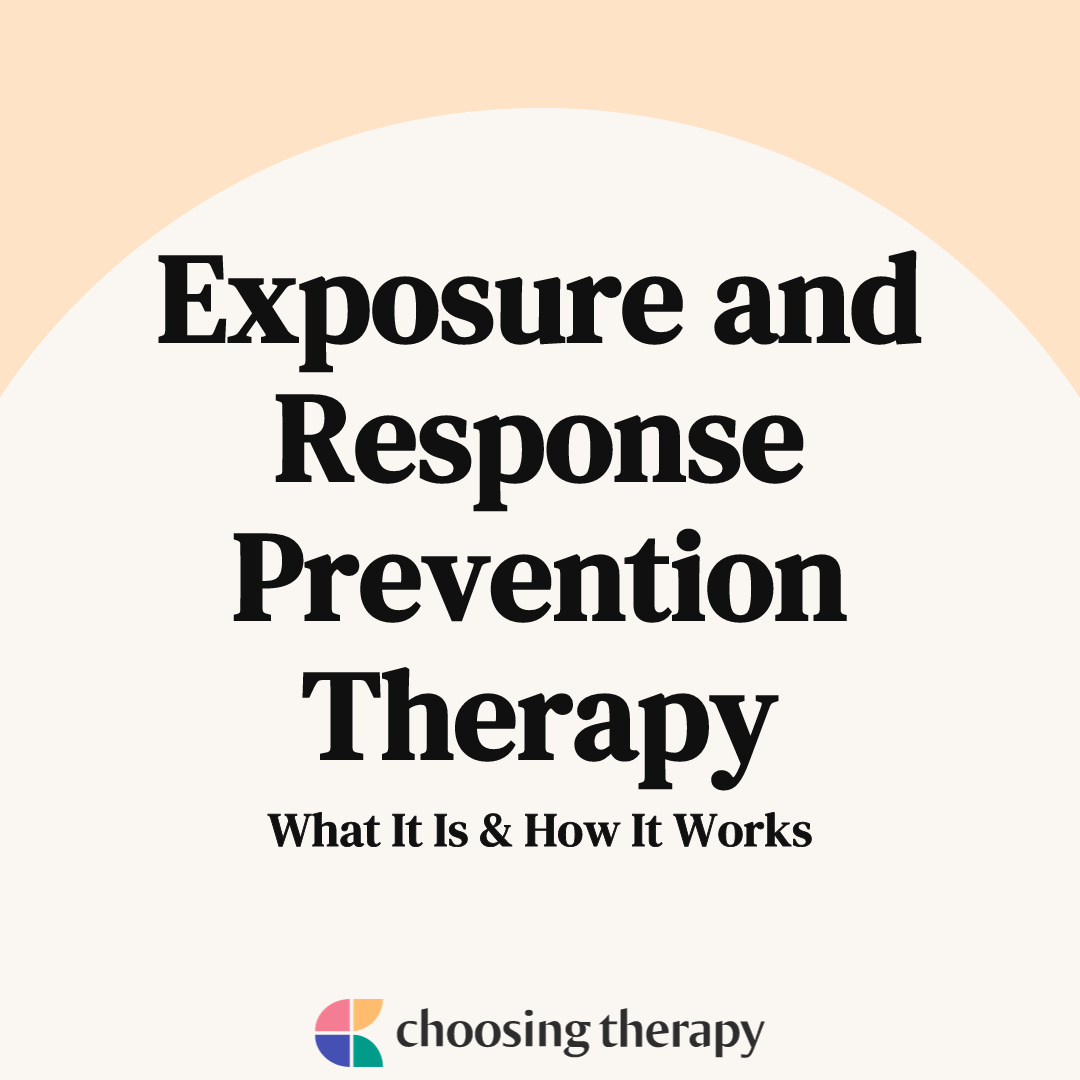Meghan Cromie: Anxiety & OCD Therapist in ft. lauderdale
seeing patients virtually throughout Florida, texas, idaho, vermont & South Carolina
Anxiety therapy that works
constantly spiraling from one thought to the next. you ruminate , trying to predict the next attack. You struggle to feel independent because you only feel safe when someone else is with you. Terrified of losing control, You try constantly to avoid Panic, but end up feeling trapped.
stop avoiding, start living.
I know what it feels like to feel trapped by fear and anxiety. For many years I dealt with debilitating social anxiety and agoraphobia that prevented me from making the friends and relationships I wanted, and even leaving the house most days.
Agoraphobia can leave you feeling stuck, alone, and miserable. Through my own journey I was able to face these fears, and live life on my own terms. I am passionate about helping others overcome their fears as well.
I know life can make it hard to take those initial steps, but I am here to meet you where you’re at, and start taking action. Learn to stop avoiding, and start living the life you want. Get started with an expert. Meghan specializes in agoraphobia, and can help you get started
Agoraphobia is often misunderstood as simply a fear of leaving the house, but it’s much broader than that. It’s a chronic anxiety disorder characterized by an intense fear of situations or places where you might feel trapped or unable to escape if something goes wrong, such as during a panic attack. This fear can be triggered by situations where you feel vulnerable.
Common situations feared by individuals with agoraphobia include:
Crowded public places (e.g., shopping malls, concerts, theaters)
Public transportation (e.g., buses, trains, airplanes)
Open spaces (e.g., parking lots, bridges, streets)
Enclosed spaces (e.g., cars, elevators, tunnels, small rooms)
The fear of experiencing a panic attack in these situations leads many people with agoraphobia to avoid them altogether. Over time, this avoidance can lead to a narrowing of your world, limiting your social, work, and daily life activities. In severe cases, people with agoraphobia may become homebound, avoiding any situation where they feel unsafe.
How Agoraphobia Affects Daily Life
You may feel the fear of being in public spaces or unfamiliar places can be all-consuming. The physical symptoms of a panic attack—such as rapid heartbeat, dizziness, chest pain, shortness of breath, or the fear of losing control—can be terrifying, especially in public.
Over time, the fear of having a panic attack in a public or unfamiliar place becomes so overwhelming that you may start avoiding these places altogether. This can result in:
Social isolation: Avoiding social events, family gatherings, or even simple outings like going to the grocery store.
Work limitations: The fear of commuting or being in a public space can interfere with the ability to maintain a job or attend work regularly.
Homebound lifestyle: In extreme cases, individuals with agoraphobia may only feel safe at home and may limit or avoid leaving the house entirely.
Increased distress: The avoidance behavior can reinforce feelings of helplessness and frustration, leading to an increase in anxiety, depression, and a sense of dependency.
Despite the challenges, treatment options are available, and with the right support, individuals can recover from agoraphobia and regain their independence.
Mental Health Therapies for Agoraphobia
I use evidenced based therapies to help you overcome you fear and start living. I use Cognitive Behavioral Therapy (CBT) combined with Exposure Therapy to help you understand you fears, confront avoidance behaviors, and develop coping strategies to manage anxiety in challenging situations.
I help you identify and challenge the irrational thoughts and beliefs that fuel anxiety. For example, you might believe that you will have a panic attack in a crowded place and be unable to escape. I teach you to question this belief and replace it with more realistic thoughts, such as, "If I have a panic attack, I can manage it and leave if I need to." I also use exposure therapy to help you confront their feared situations gradually and safely.
I work at your pace, going step by step through facing your feared situation. I’ll guide you through starting with less distressing situations (e.g., standing outside your house) and gradually works up to more challenging scenarios (e.g., traveling on public transport). Through repeated exposure, anxiety naturally diminishes, and the your mind and your body will learn that you are capable of managing your fears, and that avoidance isn’t necessary.
Finding Freedom from Agoraphobia
Agoraphobia can be a debilitating condition, but with the right therapy, it is possible to overcome the intense fear and anxiety associated with it. You can break the cycle of avoidance and regain your independence.
With the right support, it is entirely possible to overcome agoraphobia and live a fuller, more connected life.
Other Therapists focus on just coping with panic, but I focus on helping you overcome your fear for good
Work with a specialist
Agoraphobia doesn’t usually respond to typical talk therapy, don’t keep the cycle going. Meghan Cromie is a specialist in agoraphobia and panic, and knows how to actually help you recover in full. Working with a specialist can make all the difference.







